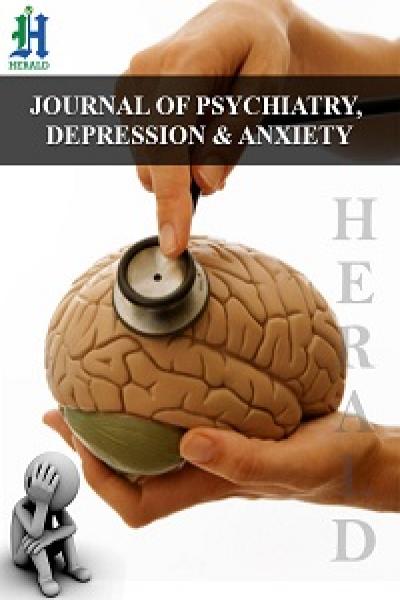
Antidepressant Therapy
Antidepressant therapy involves the use of medications to treat depressive disorders and related mood conditions. The primary classes of antidepressants include selective serotonin reuptake inhibitors (SSRIs), serotonin-norepinephrine reuptake inhibitors (SNRIs), tricyclic antidepressants (TCAs), and monoamine oxidase inhibitors (MAOIs). These drugs work by altering neurotransmitter levels in the brain, particularly serotonin, norepinephrine, and dopamine, to improve mood and emotional regulation. Antidepressants are typically prescribed for major depressive disorder, anxiety disorders, post-traumatic stress disorder, and obsessive-compulsive disorder. While generally effective, they can take several weeks to show benefits and may have side effects such as weight changes, sleep disturbances, or sexual dysfunction. Close monitoring is essential, especially in the initial weeks or when adjusting doses. Medication is often combined with psychotherapy for optimal results. Newer treatments like ketamine and esketamine nasal spray offer rapid relief for treatment-resistant depression. Personalized approaches, including pharmacogenomic testing, are emerging to tailor antidepressant therapy to individual needs.

